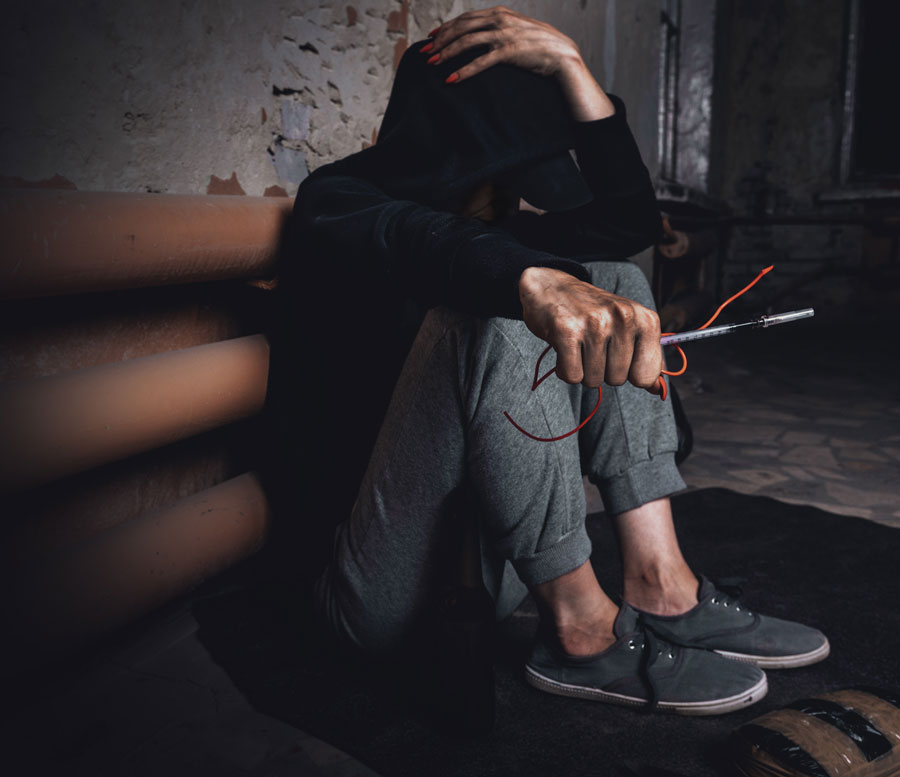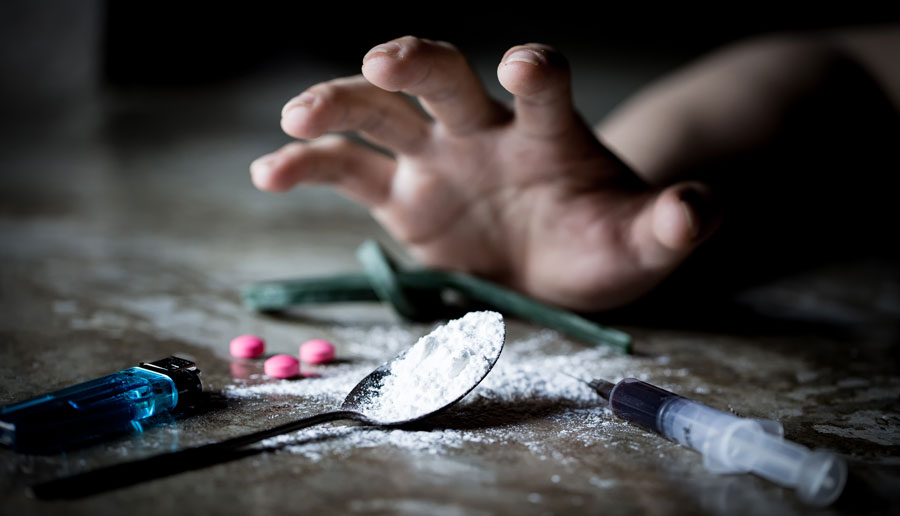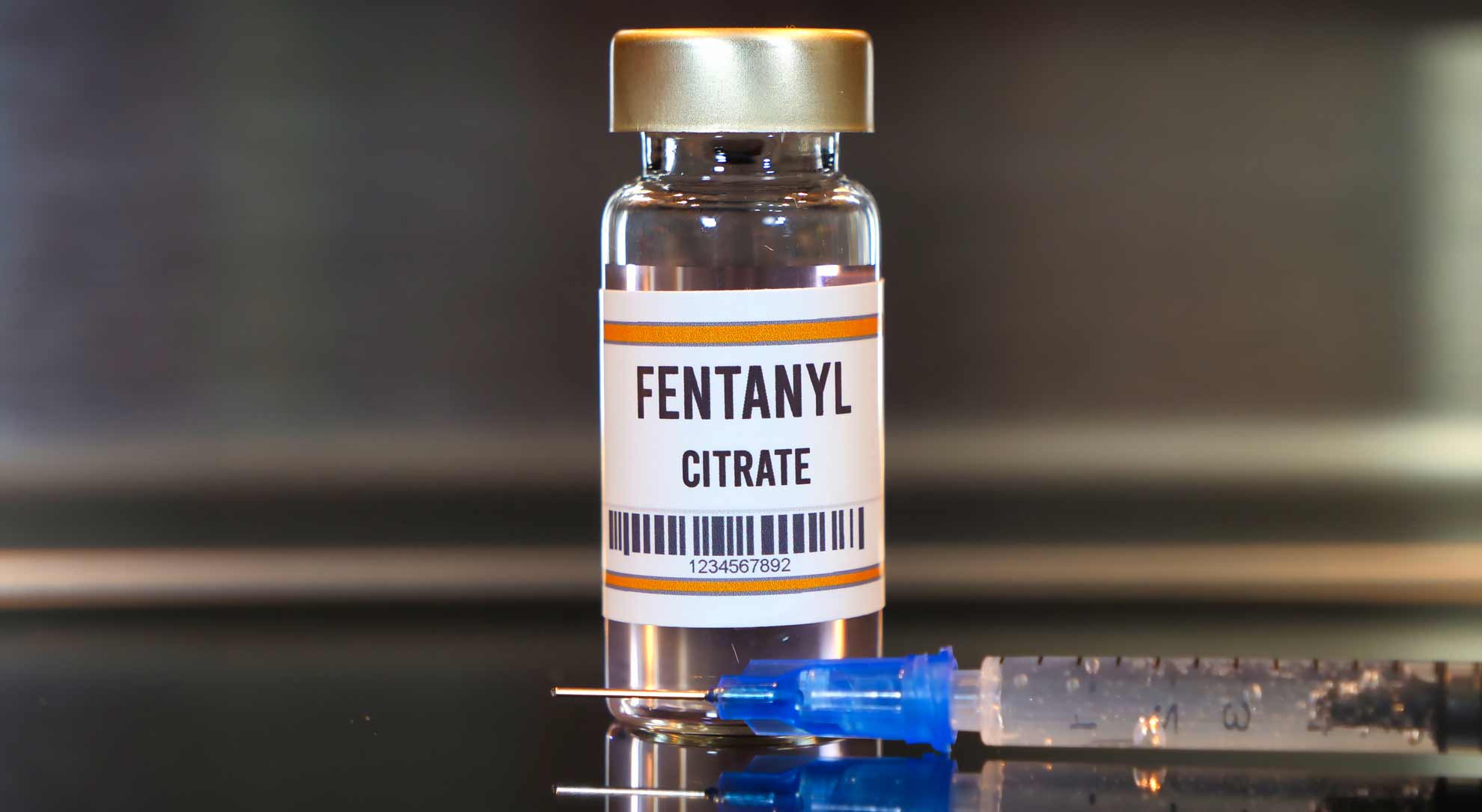Prevalence of Cocaine Side Effects
Best Rehabs In Arizona consistently emphasizes the need for cocaine side effects treatment. With the right treatment, not only can the client live a happier life but even potentially avoid drug usage. Located in Colorado and Arizona, their expertise of 25 years has helped many people who have gotten admission to the center. They offer multiple forms of care that suit best for the client and help them passage back to society.
Cocaine is consumed by around 14-21 million individuals all over the world, most of which suffer from dire cocaine side effects. It is easier for cocaine to be misused and create an unhealthy dependence between the said drug and the consumer. Also called cocaine hydrochloride, it is one of the most stimulating and dangerous substances.
It is often used for medical intentions as it helps in relieving pain and anesthetic purposes but has a high potential for substance abuse. In cases like that, it is crucial to seek help from rehabilitation centers to get adequate help as cocaine side effects can get too much to handle.
Why it’s Important to Address Cocaine Side Effects
The longer a person consumes cocaine, the further their brain adapts to it. To get the same high, the individual will need a higher dosage. This may result in a hazardous addiction or overdose.
Stronger, more regular dosages may potentially induce long-term alterations in the chemistry of the brain. The body becomes dependent on the substance. This might make it difficult to concentrate, sleep, and retain information from memory.
Even in younger and otherwise healthy people, use may result in a catastrophic heart attack. Taking big quantities is linked to unpredictable and perhaps aggressive behavior.
This is why it is so important to address cocaine side effects.
Cocaine Basics
The medicine floods the pleasure-controlling areas of the brain with dopamine, an organic biochemical transmitter in the body. This increase generates a high, which is characterized by heightened sensations of energy and attentiveness. It is derived from the coca leaves, which are indigenous to South America. Cocaine, as a nervous system stimulator, raises key life processes including blood pressure, core temperature, and pulse rate. Cocaine users often need less rest, have less hunger, and have greater energy and concentration. They may be more chatty and lively, have greater self-confidence, and feel better.
At this stage, a cocaine dependence may develop, leading a habitual cocaine abuser to feel melancholy, irritated, and worried without it, in addition to desires for the substance. This is the phase where more dire cocaine side effects start showing up. People may continue to misuse cocaine to manage their pleasure and satisfaction and avoid the side effects of cocaine withdrawal. This fundamentally affects the brain’s motivation and reward circuits. Cocaine consumers may believe that they need the substance to feel normal again, which eventually leads up to further cocaine side effects.
Side Effects of Cocaine use

Any usage, whether for short or long periods, is linked with adverse effects. Cocaine side effects are no different.
Cocaine usage causes restricted blood vessels, pupil dilation, elevated body temperature, breathing rate, and hypertension in the short term.
When short-term usage crosses the border into long-term consumption, the chances of additional and exacerbated undesirable outcomes grow. These long-term health hazards demonstrate the devastating effect cocaine has on the physical health of its users. Cocaine consumption may lead to serious medical consequences. Here are some of the major cocaine side effects:
1. Cocaine effects on breath
Major respiratory and pulmonary problems of cocaine addiction have been recorded more often in recent times, with the majority of patients being injectable consumers, freebase intakers, or crack inhalers. Cocaine effects on breath include acute and chronic effects on the lungs. Cocaine’s effects on the lungs vary depending on the mode of ingestion, dosage size, level of exposure, and the presence of related drugs such as heroin, talcum, or marijuana.
Smoking cocaine may prevent oxygen from reaching the circulation and harm oxygen-transporting vessels, which is responsible for cocaine effects on breath. This may cause significant breathing problems and serious health implications, including irreversible lung damage. Asthma, pneumonia, bronchial asthma, respiratory failure, and emphysema may occur in the user.
2. Cocaine effects on the nose and face
Consuming cocaine via the nose daily may degrade the cartilage and potentially cause the nose to collapse if there is no tissue joining the nostrils. Cocaine effects on the nose and face happen because it restricts blood circulation to the septum, resulting in a gaping wound and a deformed overall nose shape. While the “high” from ingesting cocaine via the nose may last longer than smoking or shooting up, it may cause significant harm.
Cocaine effects on the nose and face cause mucous membrane walls to be damaged and blood circulation to the nose to be disrupted. Although direct contact with cocaine causes damage to the membrane linings, reduced blood flow is caused by cocaine’s effects on neuron releases in the brain, notably adrenaline and norepinephrine. These substances aid in the regulation of blood flow all through the body.
As addiction develops, repeated doses are required to sustain the “high” effect of cocaine. Most of the harm done will be irreversible unless drug usage is stopped. In other terms, once addiction takes hold, cocaine effects on the nose and face keep getting stronger.
3. Cocaine effects on skin
Cocaine has a wide range of effects on the human body. It may harm the skin as well as several internal organs and systems, causing dire cocaine effects on skin. Long-term cocaine usage may harm many different parts of the body. Given that the skin is the body’s biggest organ, it’s no wonder that cocaine is awful for it. Cocaine may gradually destroy this crucial organ that shields the inner workings of our bodies, causing inflammation, blisters, redness, and even rotting of the skin.
Cocaine effects on skin may be caused by a variety of variables, including the reducing agents used to make the drug, how it’s delivered (intravenously vs snorting), and other unhealthy behaviors that might contribute to skin problems, such as poor food, lack of cleanliness, and inadequate sleep.
4. Cocaine Side Effects | Short Term
Because restricted blood vessels impair the circulation of blood in the body, cocaine side effects such as:
- Stomach discomfort
- Loss of appetite
- Sickness
- Vomiting
- Constipation
Elevated blood pressure and heart rate, as well as reduced blood flow through the arteries, may raise the heart attack risk.
Cocaine usage may produce behavioral changes because it raises the quantity of dopamine in the brain’s reward center. It may cause a person to become more unpredictable and aggressive, as well as more confident and unstoppable, increasing the possibility of them engaging in risky activities that might result in injury.
5. Long Term Cocaine Effects
Consistent and long-term cocaine usage may lead a person to develop a resistance to the drug, requiring more of it to get the same benefits. When the amount or frequency of usage is increased, the effects of cocaine on their mental and physical health are exacerbated.
Because cocaine messes with the way the human brain processes neurotransmitters, users need increasing amounts of the substance to feel “normal.” Cocaine addicts (like most other drug addicts) feel unmotivated in other aspects of their lives.
Cocaine, when taken or snorted daily, may harm the nasal lining and the structure that separates the nostrils. There is a danger of blood poisoning, plasma infections (such as HIV or hepatitis) through sharing gear, ruptured blood vessels, and skin sores while injecting cocaine.
One of the long-term cocaine effects is heart issues. Some individuals suffer from mental health issues, such as chronic depression. Symptoms of ‘cocaine psychosis’ include hostility and unpleasant hallucinations, frequently of insects beneath the skin.
6. Side Effects of Cocaine Withdrawal
Side effects of cocaine withdrawal may include
- Extreme cravings
- Despair
- Anxiety,
- Furious outbursts
- Trembling
- Sleeping difficulty,
- Muscular soreness
These may endure for weeks.
Because cocaine interferes with the brain’s chemical bonus system, a person who is withdrawing may not be able to sense any pleasure feelings without the stimulus of cocaine to activate dopamine. As a result, individuals who stop using cocaine may feel extreme desires for months or even years. Relapses are rather frequent, to avoid side effects of cocaine withdrawal.
Cocaine Treatment Options

Substance use disorder (SUD) is complicated, and the most successful treatment method is one that is tailored to an individual’s requirements. Many cocaine treatment options use a mix of various tried-and-true approaches. Although research into possible pharmacological therapies for cocaine addiction is underway, no FDA-approved drugs are now accessible for either cocaine detoxification or long-term treatment of cocaine side effects. As a result, behavioral therapies are the main remedy for cocaine consumption.
On top of the hazards of cocaine usage and harrowing cocaine side effects, those with substance use disorders face the social stigma that comes with addiction. Addiction, on the other hand, is not a choice nor a sign of weakness; it is a complicated medical disorder that may be effectively treated. Many individuals enjoy meaningful lives in recovery with the correct care.
Cocaine treatment options may start with a drug detox program that offers 24-hour medical oversight and management to protect the client’s safety. Although no particular drugs are presently licensed specifically to treat cocaine dependence and addiction, medical detox programs may employ pharmaceuticals to assist control cocaine side effects.
If outpatient counseling and treatment are insufficient, a residential treatment program will not only provide the client with access to peers and counselors but will also separate the client from any possible triggering conditions that would normally induce them to use cocaine. It can eventually help eliminate the other cocaine side effects too.
A residential program will enable the individual to leave their regular life behind to more deeply examine the causes of their addiction, break unproductive behaviors, and be more responsible for keeping clean.
Best Rehabs In Arizona is a recovery center that specializes in treating substance use disorders in multiple ways. Not only do they help in eliminating cocaine side effects, but their team have expertise in treating substance use disorders across the spectrum. Joining a recovery center may not guarantee an instant cure. It can, however, be the first and most important step towards a new, free life, changing its trajectory through your input and hard work in an environment designed to help you every step of the way. At Best Rehabs In Arizona, they offer clients comprehensive levels of treatment.
With a full continuum of care options, the team at Best Rehabs In Arizona Recovery is ready to meet you (or your loved one’s) needs with a customized plan of care, built around your unique needs and individual considerations. Please don’t hesitate to call today and speak to their dedicated Admissions team!










